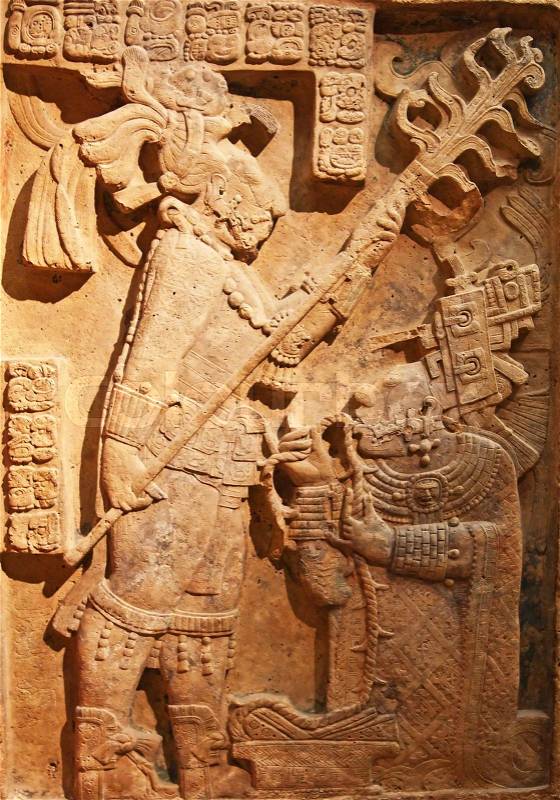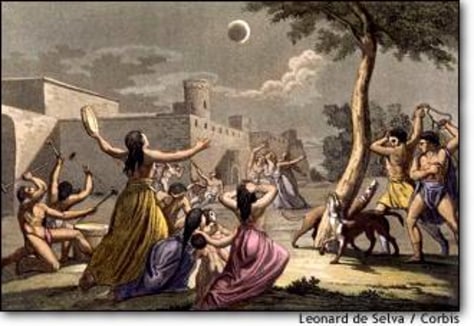Oliver Sacks died recently. In memory of him, Neil DeGrasse
Tyson replayed an episode of his show about him for Star Talk. You can look
that up, I’m trying to cut back on linking things for people.
One of the stories that Sacks tells is about his mother when
he was a kid. They were walking around in their yard and she told him about
bees fertilizing flowers. A bit later, they saw a Magnolia tree that was being
fertilized by beetles. Why would one thing be fertilized by bees and another by
beetles? Her answer was one that most mothers couldn’t provide, particularly at
the time Oliver was a boy. She said it’s because that tree evolved 80,000 years
ago when there were no bees, and it stuck with the beetles as its pollinator.
Upon hearing that, it gave him a rather profound experience
of deep time. It’s difficult for human beings to comprehend the space of their
own lifetime, let alone the lifetimes of ancestors they know about. Imagining
beyond a few hundred years or into the thousands is almost impossible. We can
demonstrate that things happened, show evidence for it, but keeping it straight
in our heads, we just aren’t wired up for that.
The experience Sacks had is one that few people his age
could have had, due simply to lack of knowledge. Most mothers didn’t know this.
Fathers either. Even parents today would have trouble googling the answer, if
they even noticed the beetles on the Magnolia tree. And if you go back just to
your great grandparent’s time, no one knew this. No one was trying to comprehend a 13.7 billion year old universe,
because we didn’t know it was that old. We didn’t even know where bees came
from.
When I’m asked why I prefer science over religion, I’m
sometimes asked why I prefer knowing all the answers over mystery. Well, I
don’t have that preference. I don’t know all the answers so there is plenty of
mystery. The question is then fine tuned to why I only accept things that are
proven. Well, I don’t do that either.
I wake up in a universe full of unknowns every day. I
navigate an uncertain future. I assume the sun won’t explode today, but I can’t
prove it. I trust someone is keeping an eye on that and would let me know if
they thought it would happen anytime soon. If we discover something today that
no one expected, then I’ll work on including that in my point of view and deal
with all the new questions I’ll have because of it.
More recently, a pastor from my last church put this quote
on facebook:
Church never made me aware of evolution and the amazing
series of unlikely events that led to a tamarack tree turning golden brown then
dropping it’s needles in the Fall. At best, someone would occasionally remark
on the beauty of a tree or something else amazing about “God’s creation”. I never saw how wonder is inspired by assigning
nature a role of simply part of God. That puts an end to wonder. It only
shifts wonder from the many discoverable details happening in front us to
something that can’t be found. I’m using their definition here, gods are
defined as something you seek, but you can never know or understand them completely.
Eventually it came to seem like a trick. Something to draw
me in. Something I was supposed to get closer to if I read the next book or
attended the next retreat, but like a radio play that always has a cliff
hanger, it was more important to create a question than to seek an answer. Why
do we need a god to cause us to wonder anyway? Aren’t we doing that already? We
can see curiosity in other animals. We can see in artifacts when humans started
to make idols and honor their dead. We went from primitive religions to the
complex. We weren’t haplessly bumping around not wondering about anything until
a shaman came up and told us to.
In Herman Hesse’s Siddhartha, the man seeking enlightenment
sits on a bridge and stares at the river flowing under it for days. He does
this after living a long life with successes and failures. As a young man, Malidoma
Some was told by his elders to stare at a tree for hours until it talked to
him. Neil DeGrasse Tyson attended a planetarium when he was young and it inspired
a life long love of understanding the cosmos. There’s nothing like that in the
Bible. If anything, these fit Biblical descriptions of witchcraft or the dangers of philosophy. If learning by observing nature, by wondering what it can tell us, if that’s
witchcraft, get my broom.









